What strikes me, when visiting this wide array of businesses, is how much room there is to improve and to embrace 21st century business practices. You get the impression that each of these businesses has progressed in a haphazard way. It started in a shop somewhere, with one guy building trucks, his wife answering phones and doing the books, and some hired help to assist with production. Over time they added salespeople, which led to growth, which meant expanding their facility, or maybe moving to a new one. Then they added some Techs, got the owner out of the shop and into the front office, and the new shop foreman was tasked with managing inventory. If they continued to grow, they might bring in a Parts person to manage inventory, so that the shop foreman could properly manage production.
All this time, the physical facilities are changing, but not necessarily with thought and control. Stock expands, so you clear out a section of wall and put up shelving. Production expands, so you clear space out back to store new beds and maybe some chassis. Added sales staff and administrative staff means more need for office space, so someone looks around for a new facility to move into, and everything is shuffled over and unloaded as haphazardly as it was deposited in the old facility.
Cleaning up and properly organizing these operations is a Herculean task, so usually it is never undertaken, because Hercules is a myth.
One operation I visited had an enormous shop - a newer high-ceilinged structure crammed into an industrial district with high-tech firms. Almost every inch of this shop was filled - with trucks, beds, chassis, parts, and miscellaneous inventory. It appeared that moving a truck into or out of the work area would have required multiple personnel and a couple of engineers. The offices were nowhere to be found and turned out to be in a separate nearby building. The parts room was partitioned with the aforementioned plywood next to a break room, the one walled structure within the building. There was a phone, but no computer to be found. It made me wonder if every parts purchase required a hike for the customer to the office building to make payment.
A few days later, I visited a much smaller operation in a very old industrial district in another municipality. The neighborhood was very sketchy. The shop was decent-sized, but it was relatively empty inside. A tech was working on a truck - looked like a repair. There were a couple of units-in-process inside. While I was there, a customer showed up and backed his truck in without waiting to drop it off for service. The parts area was off to the side, next to an actual office, and the owner was the only person there besides the tech. We chatted for awhile about industry developments, like Zip’s buying AW Direct.
As I left, I wondered if maybe this guy didn’t have a better plan. Was it possible that he was making a profit that was better proportionally to the amount of effort, stress, and investment than the owner of the giant building in the high-tech industrial park? Was it easier for him to stay in the black because he had controlled growth and found an equilibrium? Was his business run more efficiently, requiring less work to be profitable?
Just suspicions, but not without merit.
Nick Kemper
SecureTow
http://www.hub911.com
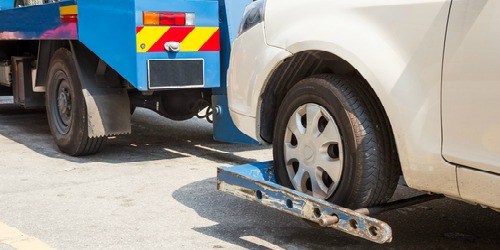
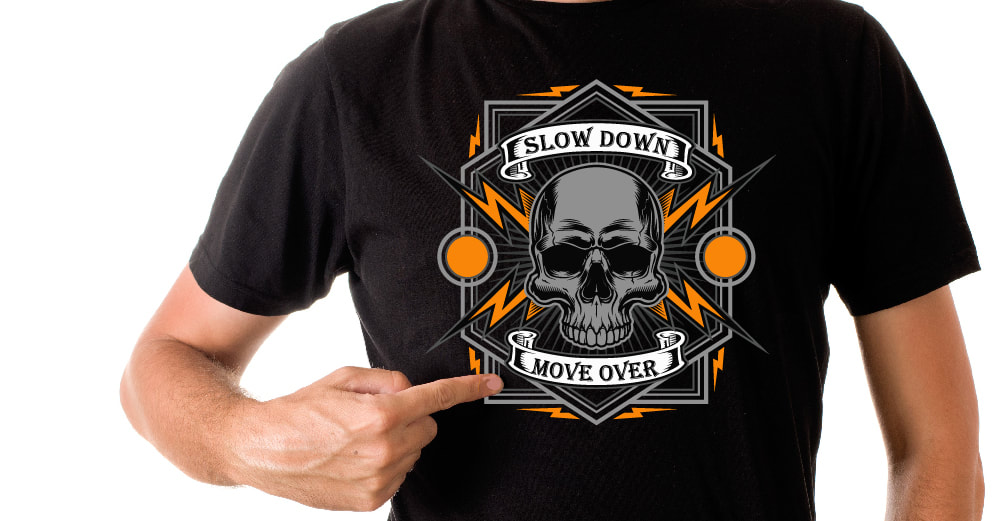



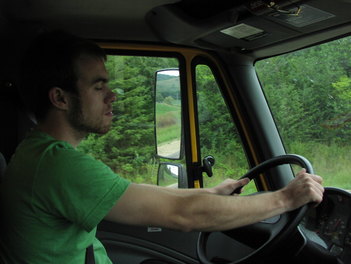
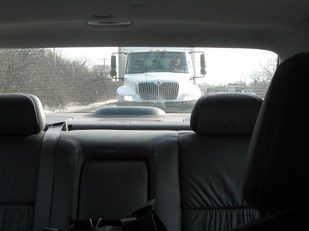



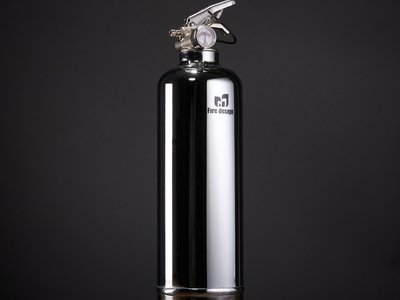

 RSS Feed
RSS Feed
